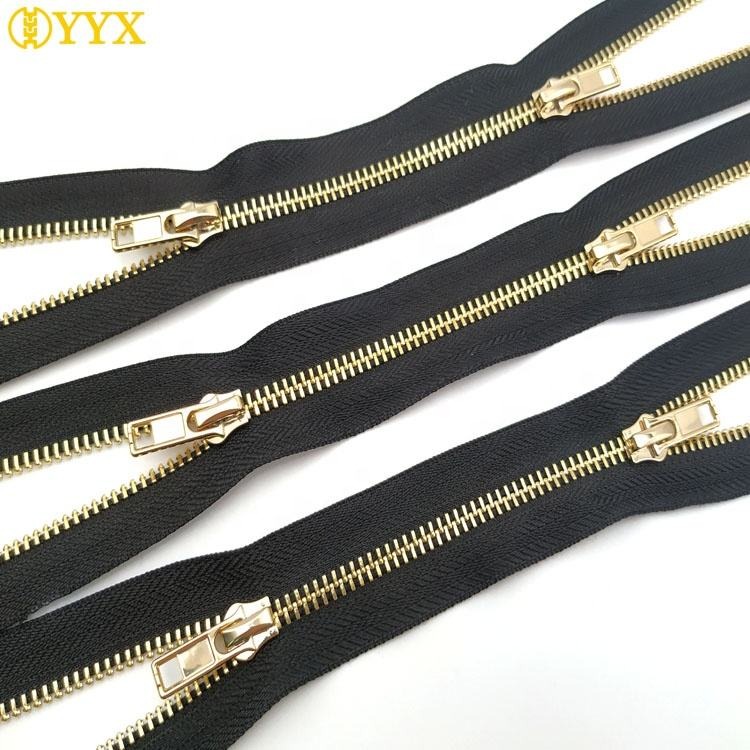A zipper is a simple yet essential fastener that is used in a wide range of applications, from clothing and accessories to luggage and sporting equipment. It is a versatile and reliable way to join two pieces of fabric together and can be found in a variety of sizes, materials, and types. However, not all zippers are created equal, and the quality of a zipper can greatly affect its performance and durability. In this article, we will discuss what makes a quality zipper and why it is important to choose a high-quality zipper for your needs.
1. Strength and Durability
A quality zipper should be strong and durable enough to withstand frequent use and stress without breaking or becoming damaged. The strength of the zipper is determined by the material of the teeth, which can be made of metal, plastic, or nylon. Metal zippers are the strongest and most durable, followed by plastic and nylon zippers. The size of the teeth also affects the strength of the zipper, with larger teeth being stronger than smaller teeth. A good quality zipper should be able to withstand the stresses of opening and closing without breaking or becoming damaged.
2. Smoothness of Operation
A quality zipper should operate smoothly and without snagging or catching. The smoothness of operation is determined by the quality of the zipper tape, teeth, and slider. The zipper tape should be made of a high-quality material that is resistant to wear and tear, while the teeth should be evenly spaced and aligned to ensure smooth movement. The slider should be designed to fit snugly over the teeth and move smoothly up and down without catching or snagging. A good quality zipper should be easy to open and close without any resistance or sticking.
3. Resistance to Corrosion and Rust
A quality zipper should be resistant to corrosion and rust, especially if it will be exposed to moisture or saltwater. Metal zippers are the most susceptible to corrosion and rust, which can cause the teeth to become weak and break over time. To prevent corrosion and rust, high-quality metal zippers are often coated with a protective layer such as brass or nickel plating. Plastic and nylon zippers are naturally resistant to corrosion and rust, making them a good choice for items that will be exposed to moisture or saltwater.

4. Compatibility with the Application
A quality zipper should be compatible with the application and the design of the item. This means that the zipper should be the right size, type, and material for the item and the environment in which it will be used. For example, a heavy-duty metal zipper may be the best choice for a backpack or a winter coat, while a lightweight plastic or nylon zipper may be more suitable for a dress or a purse.
5. Appearance and Aesthetics
A quality zipper should also have a pleasing appearance and aesthetics that complement the design of the item. This means that the zipper should be well-made, with evenly spaced teeth, a smooth slider, and a clean finish. The color and finish of the zipper should also match the color and style of the item, adding to its overall appeal and attractiveness.
In conclusion, a quality zipper is an essential component of any item that requires a fastener. A good quality zipper should be strong and durable, smooth in operation, resistant to corrosion and rust, compatible with the application, and have a pleasing appearance and aesthetics. By choosing a high-quality zipper, you can ensure that your item is functional, reliable, and attractive, providing years of use and enjoyment.


